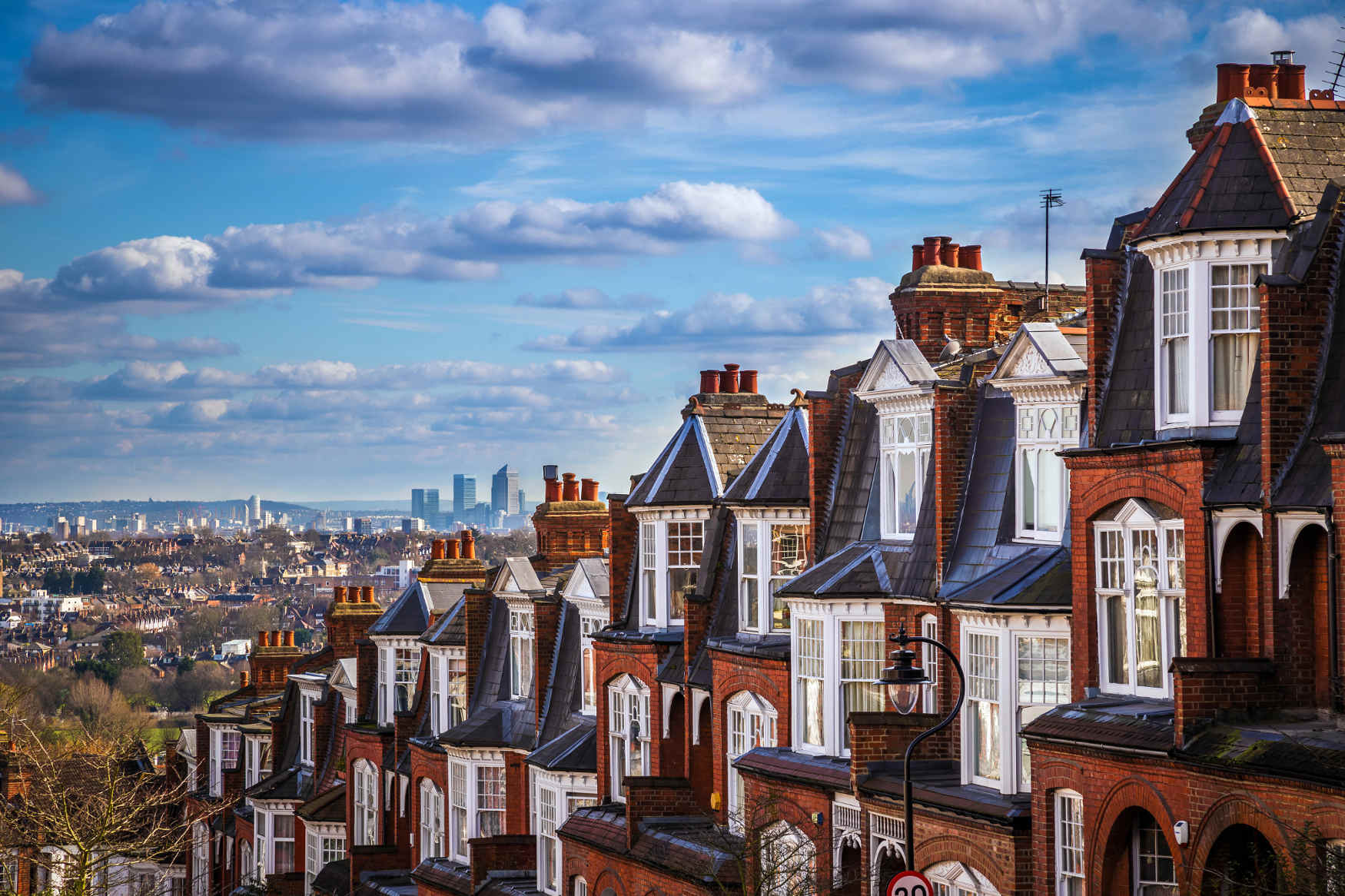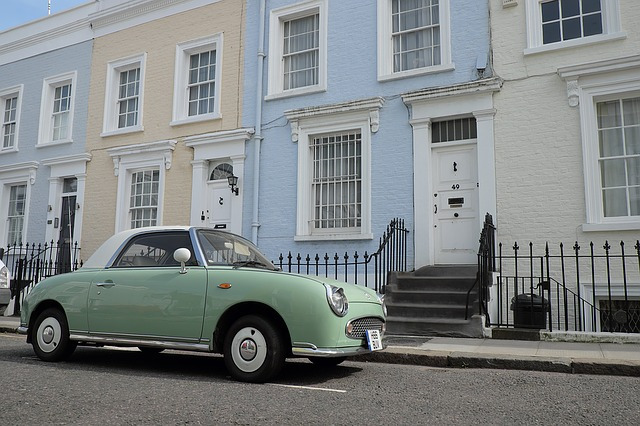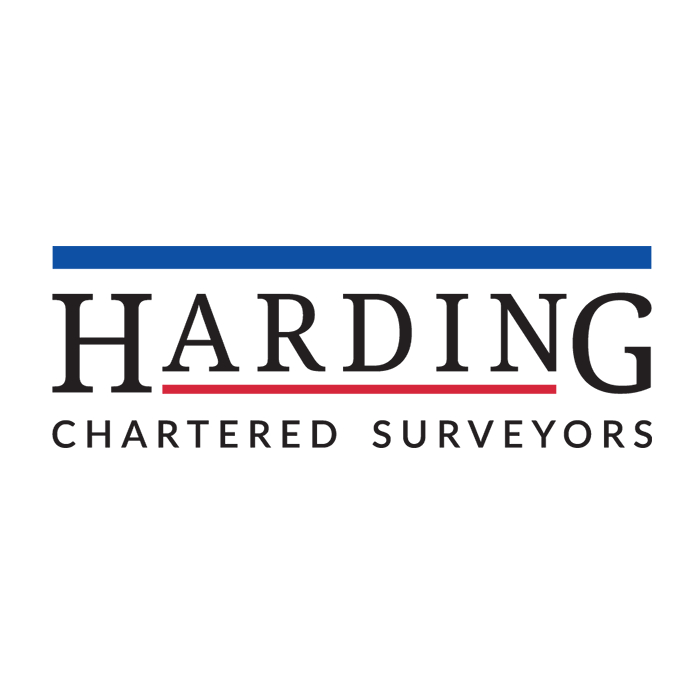Property Survey in London | Independent RICS Surveyors
When it comes to purchasing a property in London, one crucial aspect to consider is the property survey. A property survey is generally required when you purchase a house, flat or commercial building. It’s also a prerequisite if you are looking for a lease extension and can be useful if there are boundary disputes in determining party wall awards. With the city's rich history and diverse property market, it's essential to have a comprehensive understanding of a property's condition before making an informed decision.
This guide will take you through the ins and outs of property surveys in London, covering the role of RICS chartered surveyors, the different types of surveys, and how to navigate the property market in Greater London. London's property market is diverse, with various types of properties ranging from new builds to historic listed buildings. The city's unique characteristic is that it is built on clay, which can cause issues with foundations and structural integrity. Experienced surveyors in London are well-versed in assessing properties in the city and can identify potential problems related to the local geography and building materials.
While a property survey means an extra cost, the good news is that getting a Chartered Surveyor to view a property means you have complete peace of mind that there are no hidden issues once you exchange contracts. As home buyers, this applies whether you are buying a new property or a much older one.
What is a Pre-Acquisition Property Survey?
In general, a property survey looks at the structure of a particular building, whether it’s a home or commercial asset, and highlights any structural issues, repairs and other potential problems that need to be resolved or may affect the integrity of the building and its value.
A building survey is carried out by Chartered Surveyors who are usually members of the Royal Institution of Chartered Surveyors (RICS), Institution of Civil Engineers (ICE) Residential Property Surveyors Association (RPSA) or other such regulatory authorities. It’s important when you are having any building surveys undertaken that the surveyor is a member of at least one of these organisations.
The types of surveys undertaken will depend on the property, its age and the stipulation of the mortgage company if one is involved. For example, an RICS Level 3 Building Survey is more extensive and involves a very detailed report with estimated costs for repairs.
The key to any property survey is that it gives you information on potential problems that may be hidden from plain view. For an older property, it could highlight an issue with damp penetration or roof defects that can be very costly to put right. Chartered Building Surveyors produce a standardised report that will look at various aspects of the building and they will report back on their condition. If issues are identified such as timber defects or problems with the foundations, for example, you are better placed to make an informed decision. Surveys can include photos of problem areas as well as estimations of costs to put the defects right. It gives the buyer the chance to go back to the vendor and renegotiate the price or ensure that major issues are resolved and costs covered before the sale proceeds.
With the wide range of different properties in London, it’s important to make sure you choose the right Chartered Surveyor and opt for the appropriate survey that is suitable for your property. These vary from Level 1 condition reports to a full building survey with valuation. Other types of surveys include specific defect reports and roof surveys that focus on a specific issue.
The cost of your building survey can vary from just a few hundred pounds to a few thousand pounds, depending on the level of investigation. For newer properties, built within the last couple of decades, it’s often enough to have a simple homebuyers report. For older properties or large commercial premises, a full building survey is more appropriate.

Property Survey Quotation

Benefits of a Property Survey
Hiring a professional surveyor to examine your London property can be important whether you are buying, selling or simply want to review the condition of your home or commercial residence.
- Mortgage: A survey of some type is usually stipulated by the mortgage company and should include a valuation.
- Peace of mind: For the home buyer, a survey makes sure there are no surprises around the corner, especially when it comes to older properties. It’s important to pick the right kind of building survey to meet your needs and identify serious issues that may well have a cost in the future.
- Identify major as well as minor issues: Even homebuyer surveys can help identify problems with the property. Some of these might be relatively minor and easy to resolve. Others may well have implications for the price you are paying for the property and its ongoing maintenance.
- Plan for the future: As the old saying goes, forewarned is forearmed. If you are moving into a new property, whether it’s old or new, having a clear idea about the condition can help you plan effectively for the years to come.
- Renegotiate price: In some cases, the Chartered Surveyor may well identify issues in the property which means you can renegotiate what the vendor is asking for. If it takes £7,000, for example, to solve a damp issue or improve insulation in the property, this is a substantial outlay and not one you may be willing to cover.
The Role of RICS Chartered Surveyors in London
RICS, the Royal Institution of Chartered Surveyors, is a professional body that regulates the property surveying industry. Chartered surveyors in London are RICS-qualified professionals who provide expert advice on various aspects of the property. RICS registered valuers and surveyors adhere to strict guidelines and provide a professional service to clients. London-based chartered surveyors offer a range of property services, including residential and commercial property surveys.
Costs of a Property Survey
The costs for any property survey will depend not just on the size of the property but on what you want to achieve. For older buildings, it’s often worth paying the extra cost for a full survey to ensure that there are no major issues that could cost more in the future.
- Homebuyers report: This is one of the most common options and in London, you should expect the starting price for a report to be around £600, depending on the size of the property. This will identify any major issues such as problems with damp and structural deficits and gives you, and your mortgage company, a good idea of the state of the property. You can also ask for a valuation of the property for an extra fee.
- Building Survey: The start price for a full building survey is around £750 and, again, will depend on the size and location of the property. The key here is that a full survey has the potential to identify damage and repairs that could cost you thousands in the year to come. It’s worth making the extra investment particularly if you are buying an older property as it can help you renegotiate the asking price if issues are found.
- Specific defect report: This is a specialist survey that will look at a particular issue such as subsidence, damage to exterior walls and dampness. The cost can vary between £400 and £1500, depending on the issue.
- Roof survey: Roof surveys generally cost from £600 But a drone survey will be even more expensive

Types of Property Surveys
The choice of the home survey will depend on the type of property, its age, and the buyer's specific needs. A professional surveyor can help you determine the most suitable option for your situation.
Level 2 and Level 3 Surveys
The RICS Level 2 Homebuyer Survey is a visual inspection of the property that focuses on its condition and identifies any urgent defects or potential issues. It is suitable for relatively modern and conventional properties.
On the other hand, the RICS Level 3 Building Survey is a comprehensive and thorough survey recommended for older, larger, or more unique properties, such as listed buildings. This survey includes a detailed assessment of the property's structure, condition, and any potential issues, providing a complete picture of the building's condition.
Whether to go for a full building survey or a homebuyers report can be a difficult decision and it’s important to discuss the options with your Chartered Building Surveyors. Here we look at the main kinds of surveys and who they apply.
RICS Level 2 - Homebuyers Report
The RICS homebuyer report is the most common type of property survey used for many domestic home purchases. The report works using a traffic light system with green for areas that are in good condition, orange for areas that may need attention now or in the future but are not urgent and red for structures that require immediate repair or need to be investigated urgently.
The homebuyers report. will not be as in-depth as level 3 for example, the surveyor will not pull up carpets or potentially look at the roof space in as much detail.
The report does, however, highlight any major issues that the property may have. It also gives you confidence that you are moving into a home that is fit for habitation and identifies areas where improvement or building work may be needed.
RICS homebuyer reports can also be employed when renegotiating or extending a lease on a property and for party wall awards.
Find out more about our RICS Homebuyers Surveyors in London.
process.
RICS Level 3 Building Survey Report
If you are looking for or need a more comprehensive survey then a London-based Chartered Surveyor can produce a full building report or structural survey. This is generally a good option if you are buying an older property that is likely to have some hidden issues such as dampness or structural damage.
It’s more than a purely visual examination and looks at areas such as:
The report will look at:-
- Potential movement or subsidence associated with the property.
- Defects in timber structures.
- Damp and condensation issues.
- Your utility services such as gas and electric and heating as well as the condition of doors and windows.
- The structural integrity of the roof, external walls and other features such as chimneys.
Your London Chartered Surveyor will be able to give you a complete insight into the condition of the property you are looking to buy which means you can also anticipate problems further down the line. There may be minor issues, for example, that could become bigger problems in a few years. While these may not be immediate, you can use the information to plan for the future.
Full building surveys are ideal for older and commercial properties when looking a little deeper is always a sensible idea.
Specific Defect Reports
If you are buying a property in London, your mortgage valuation may have highlighted specific concerns about the structural integrity of the building. This is where a specific defect report can be useful as it focuses on a particular structural issue.
Depending on the nature of the query, this is often undertaken by a Structural Engineer as they will be able to advise in further detail on issues such as cracking or suspected subsidence to ensure you have peace of mind and to satisfy the lender.
Roof Survey
If you have had a mortgage valuation or Homebuyer it may have highlighted that you need further investigations on the roof. Roof surveys will only look at the roof and associated features, both internally and externally, in order to provide advice on the condition of the roof, present defects, remedial action and potential costs. As a new roof can be a huge financial burden it is one of the areas that purchasers are most concerned about.
These surveys can be carried out by physically getting up to the roof or, more often nowadays, by using a pole camera.
Property Valuation Report
A property valuation survey is a simpler assessment of the property's market value, often required by mortgage providers and building societies. It is not as detailed as a Level 2 or Level 3 survey.
These reports provide an accurate assessment of a property's market value, which is determined by considering various factors such as the property's size, location, age, condition, and any improvements or modifications that have been made.
These comprehensive reports not only offer a reliable indication of a property's worth but also prove invaluable during key stages of property transactions, such as securing mortgages or negotiating sale prices. Moreover, they can be instrumental in resolving disputes between parties, informing tax assessments, and ensuring that adequate insurance coverage is in place. For property owners looking to make improvements, a property valuation report can serve as a useful guide, highlighting areas where investment may result in a significant increase in value. Ultimately, obtaining a professionally conducted property valuation report can provide reassurance and confidence to all parties involved in property transactions, helping to facilitate a smooth and successful process.
Recent Reviews from Harding Chartered Surveyors
Why use a Chartered Surveyor to get a Property Survey in London?
Property surveys are an integral part of buying and selling properties and hiring the services of a professional team of Chartered Surveyors is essential.
It’s critical to choose the service that best matches your needs as this will save you both time and money in the long term. London is home to a wide range of different properties from old and new to flats and large estates. And, of course, buying a property is a large investment and one you want to get right with no nasty surprises around the corner.
At Harding Chartered Surveyors, our Chartered Surveyors are RICS registered and here to help, at whatever level of inspection you need. If you are purchasing a property in London, contact our team today to book an appointment.















